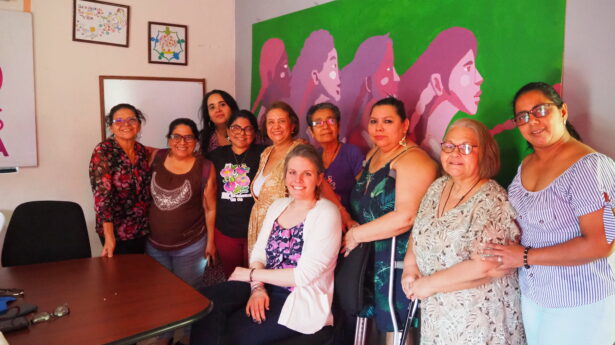The Unitarian Universalist Service Committee advances human rights through grassroots collaborations.
June 10, 2016, Rights Reading
June 10, 2016
Rights Reading is back! Our weekly roundup of what we’re reading: a few select articles from the front lines of human rights that we don’t want you to miss.
1. “Dry Taps and Lagoons of Sewage: What America’s Water Crisis Looks Like,” by Zoë Carpenter, The Nation, June 8, 2016
“In Lowndes County, Alabama, thousands of people live with raw sewage in their yards or near lagoons of human waste. Only 20 percent of the county’s residents have access to municipal sewers.”
Zoë Carpenter cites the June 2016 release UUSC’s research report, “The Invisible Crisis: Water Unaffordability in the United States,” a groundbreaking study that documents “the impact of rising water costs and inadequate infrastructure, which are putting millions of people at risk for shutoffs, illness, foreclosure, and even of losing their children.”
Carpenter further notes that “there is currently no federal statute or policy that ensures access to water for the poor.” In Detroit, tens of thousands of low income residents had their water shut off, while “commercial properties with tens of thousands of dollars in water debt were largely ignored.”
The Nation article also notes UUSC recommendations that U.S. government agencies establish affordability programs, ban water shutoffs, and collect more data about the shameful disregard for the internationally recognized human right to water in the United States. Read more about UUSC’s research report and its work to ensure access to clean water for all people.
2. ’Gays the New Jews’: African Media Homophobia vs. Twitter Empathy,” Charles King, Cape Peninsula University of Technology, Huffington Post, June 8, 2016
Noting Amnesty International’s condemnation of the continued criminalization of consensual same-sex conduct in 38 African countries, Charles King believes “the role of the mainstream media in these so-called democracies has been inverted. It now fulfills the exact opposite role of what a healthy and vibrant media should play in a healthy democracy.
UUSC and its partner organizations have witnessed the betrayal of African LGBT people by powerful institutions, including government, religion, and the press.
Looking past these institutions, King notes “there is no toeing the line in the Twitterverse.” Even with homophobic and hateful messages tweeted by others, Twitter exists without a “gatekeeper journalist or media organization.” Therefore, non-journalists can tell their own stories, in their own voices.
King concludes that on Twitter, “non-journalists…have equal access to a democratic, complex, and unlimited international communication platform.” He urges them use this access to “move from ‘victim’/source in someone else’s narrative to become the powerful narrator of their own story.”

